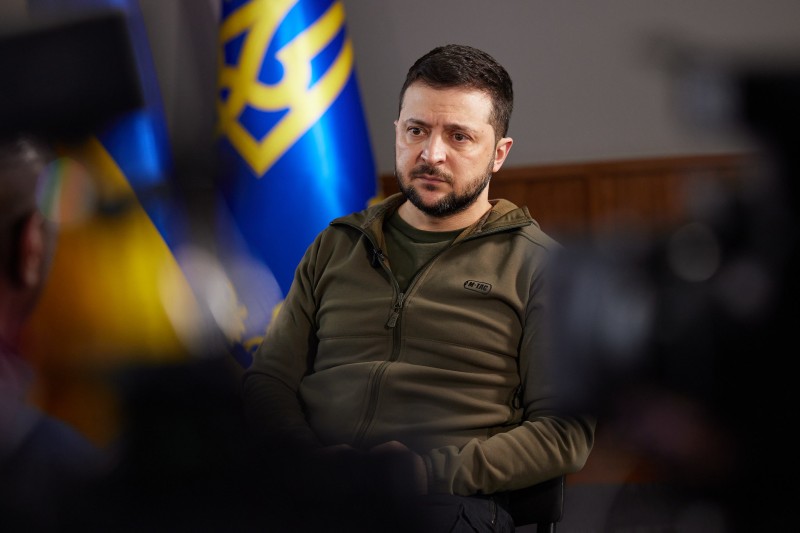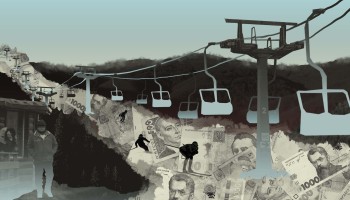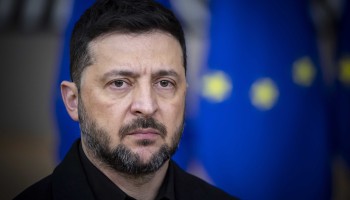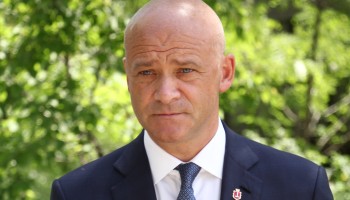Reported by
Ukrainian President Volodymyr Zelensky has signed a bill restoring the independence of Ukraine’s key anti-corruption agencies following protests and international pressure—but left intact a controversial provision granting sweeping new powers to the prosecutor general. The move has alarmed legal experts and raised red flags in Brussels over Ukraine’s EU aspirations, according to the Kyiv Independent.
The original law, signed by Zelensky on July 22, placed the National Anti-Corruption Bureau (NABU) and the Special Anti-Corruption Prosecutor's Office (SAPO) under the control of the prosecutor general—a political appointee—effectively eliminating their procedural independence.
Facing growing backlash, Zelensky signed a second bill on July 31 reversing that step for NABU and SAPO. However, broader provisions removing the institutional independence of other prosecutors remain. Critics argue this violates EU principles and threatens judicial integrity.
"A prosecutor must be independent (from the prosecutor general)," said Zlata Simonenko, a criminal lawyer at Sayenko Kharenko, in an interview with the Kyiv Independent. "The prosecutor general is just an administrative job. He is not the head of a puppet theater who can arrange the puppets however he pleases."
Simonenko emphasized that the law hands the prosecutor general powers that are "not limited and not regulated," creating “opportunities for abuse.” These include the ability to restructure departments, remove prosecutors, and reassign cases—actions previously subject to procedural checks.
Legal scholars warn the new authority undermines Ukraine’s post-Euromaidan reforms. Prosecutorial independence had been gradually codified through amendments to the Criminal Procedure Code since 2012 and reinforced by reforms following the 2014 revolution.
But according to former top prosecutor Serhiy Gorbatuk, that independence was largely theoretical. “The liquidation and restructuring of departments has always been the main method of punishing disloyal (prosecutors),” he told the Kyiv Independent.
Gorbatuk—known for investigating crimes committed during the 2014 protests—said his department had been the only one to implement prosecutorial independence in practice. He was dismissed after clashing with several prosecutor generals, including Yury Lutsenko and Ruslan Riaboshapka.
The latest amendments, he added, "make prosecutors even more dependent on the prosecutor general."
Another critic, Vitaly Tytych, a lawyer and former head of the Public Integrity Council, echoed that view. “Any law is unlikely to protect prosecutors if they lack integrity,” he told the Kyiv Independent, suggesting the problem is systemic.
Further concern stems from provisions allowing the appointment of top prosecutors without competitive selection during martial law—a process that contradicts Ukraine’s EU accession benchmarks, which require transparent hiring for such positions by 2026.
The President’s Office and the Prosecutor General’s Office did not respond to media inquiries, the Kyiv Independent reported. Meanwhile, civil society groups continue to demand the full restoration of prosecutorial safeguards—not partial fixes.






